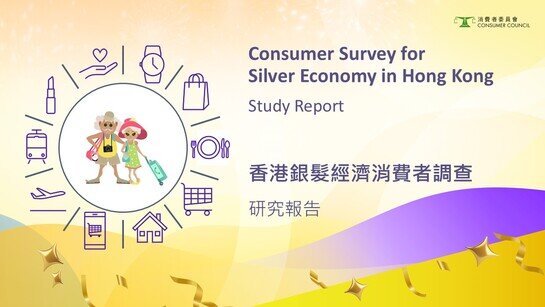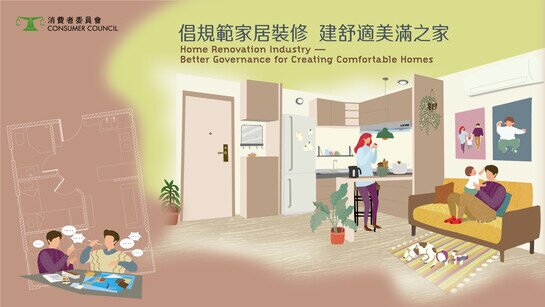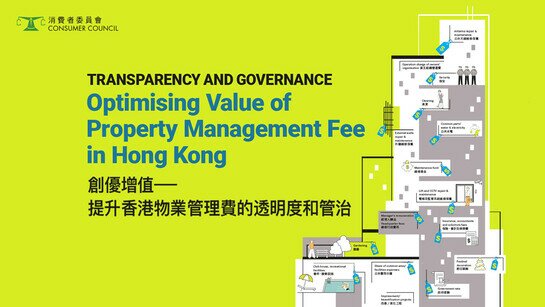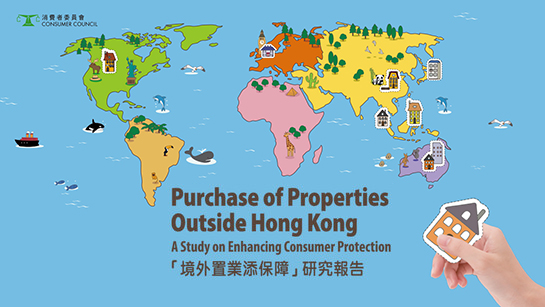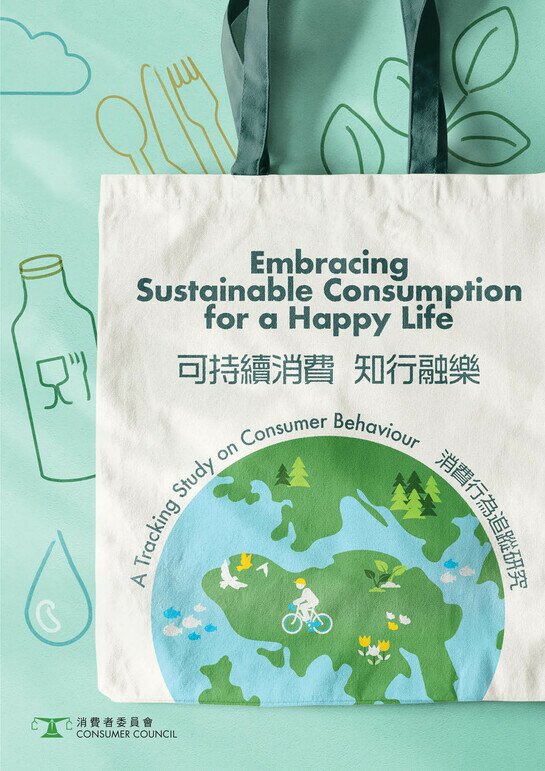- The Consumer Council is pleased to present its views to this session of the Bills Committee on the Trade Marks Bill.
- The Council made a submission in December 1999 that outlined the various arguments put forward by the opponents of parallel importation, and in which the Council indicated its responses. It is not intended to repeat those detailed responses in this submission.
- In examining the various submissions that have been made on the issue of 'parallel importation', the Council has identified two basic issues at stake. One is the argument that liberalization of the retail market through parallel importation will have dire economic consequences. The other is that the interests of consumers will be detrimentally affected. Set out below is a brief summary of the Council's position on these two issues, and the role the Council in this regard.
Economic consequences
- The critics of international exhaustion state that many of Hong Kong's major trading partners have decided not to extend international exhaustion, and it would therefore be imprudent for Hong Kong to do the same. The issue of reciprocity is also raised.
- The Council would point to the fact that Hong Kong has been a free port and promoted the concept of free trade for many years. This has been done in the face of substantial trade barriers employed by other economies that have not reciprocated. It is this free market philosophy that has given Hong Kong its reputation (for example by the Heritage Foundation) as being one of the freest in the world. It has also enabled Hong Kong to adapt to changing economic circumstances, through its transition from a manufacturing to a services based economy. It would be working against this philosophy, and diminishing its reputation if Hong Kong was to reject the principle of 'international exhaustion'.
Consumer Safeguards
- It has been argued that parallel imports will cause confusion amongst consumers and rather than lead to consumer benefits, will result in consumer detriments because of the importation of sub standard products. It has also been argued that insufficient attention has been given to the administrative machinery which should be set up to eliminate the adverse consequences arising from increased liberalization.
- The Council agrees that there should be adequate safeguards to protect consumers. However, these should be in place regardless of whether there are parallel imports. In fact, the problems envisaged by the opponents of Clause 19, in terms of sub standard goods or misrepresentations by traders, are little different to those that occur with all consumer products, whether or not they are parallel imports or so called legitimate goods that are either imported into Hong Kong or manufactured locally.
- It needs to be emphasized that while there may be differences between products sold by exclusive licensees in Hong Kong and parallel imports, the latter are genuine goods that would be subject to quality controls by the trade mark owner. Moreover, once imported into Hong Kong they will be subject to the same safety and labeling requirements that apply to goods that are manufactured or distributed by the exclusive licensees.
- There is a constant need to adjust the various regulatory mechanisms in place that protect consumers, to keep pace with evolutionary changes in product development and marketing tactics. Liberalization of the retail environment through parallel imports should be seen as another evolutionary step in the marketing environment.
- There are currently a number of Government regulations, and enforcement bodies that are effective in providing safeguards regarding the sale of food and other products in the market. If there is a need to review these regulations, and the resources available for enforcement, then the Council trusts the Government will take appropriate steps.
The Role of the Council
- The Council is currently examining the issues concerned with misleading and deceptive advertising, with a view to putting forward recommendations to improve the market environment so that consumers are able to make informed decisions. Some of these will be applicable to the perceived problems that may occur with parallel imports.
- For its part, the Council undertakes to:
- continue with its educational and information dissemination work in the community by promoting consumer awareness in their purchasing decisions, i.e. product safety, quality, price comparisons, after sales service etc; and
- promote honest and fair trading practices which will benefit those traders in the marketplace who work with the interests of customers in mind.
- continue with its educational and information dissemination work in the community by promoting consumer awareness in their purchasing decisions, i.e. product safety, quality, price comparisons, after sales service etc; and







